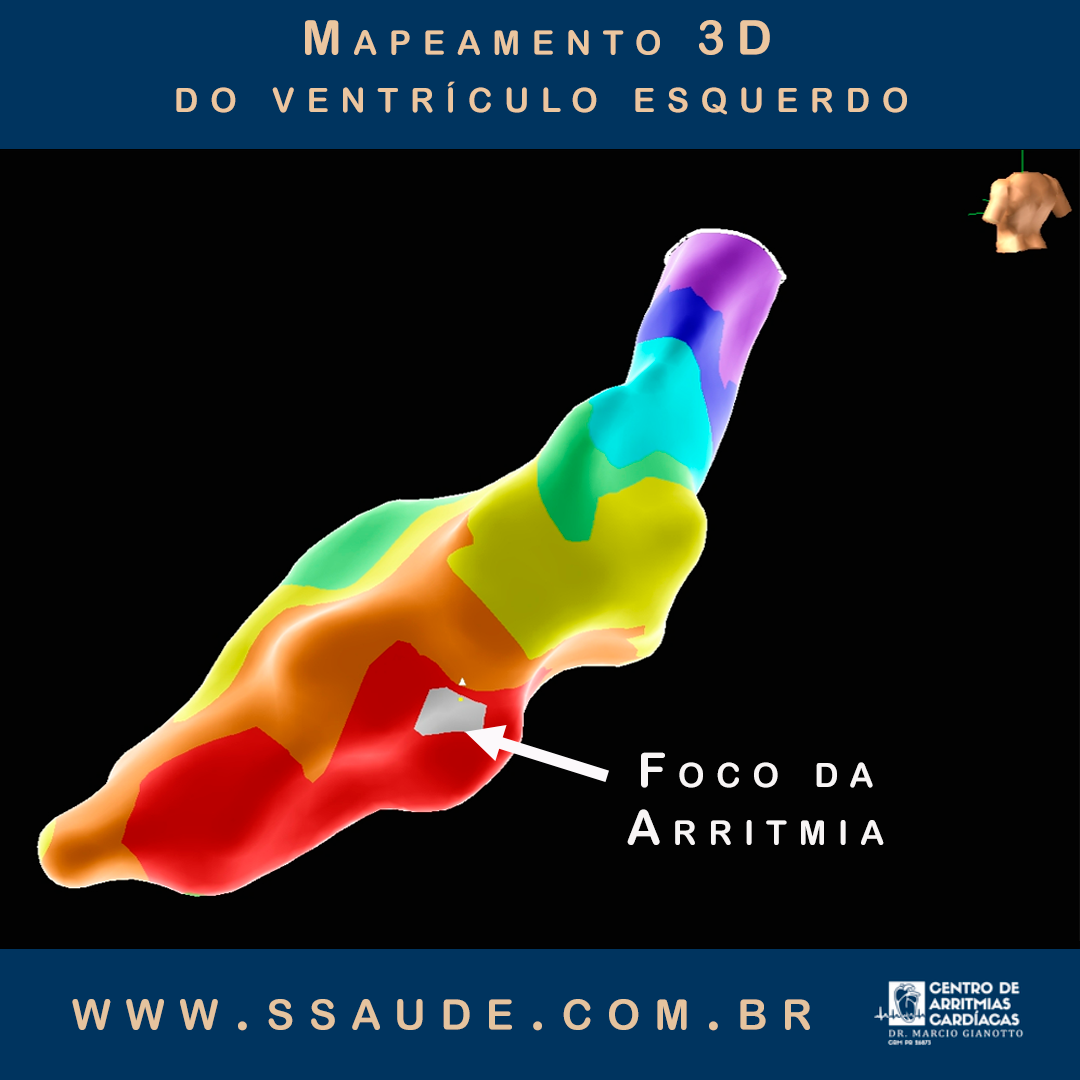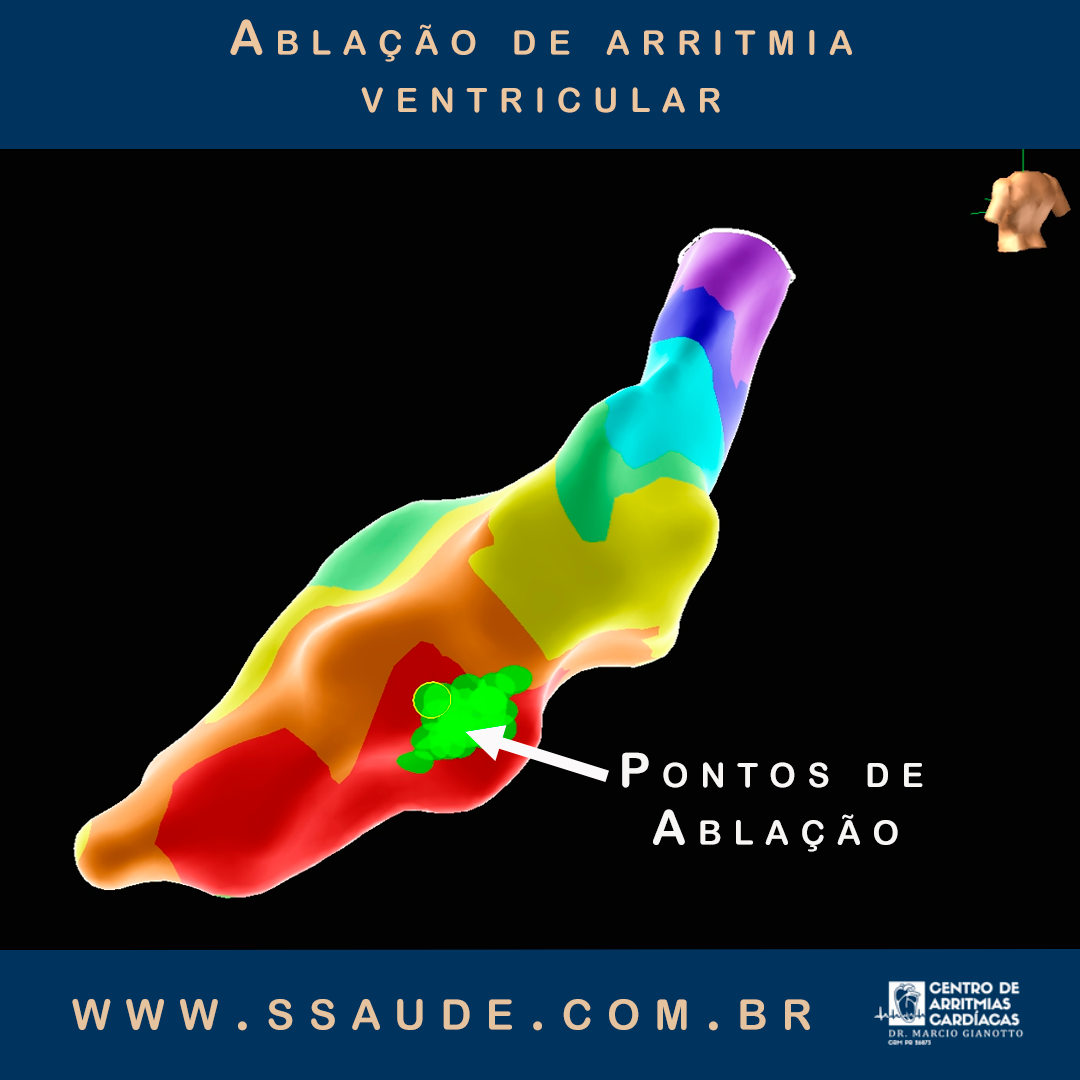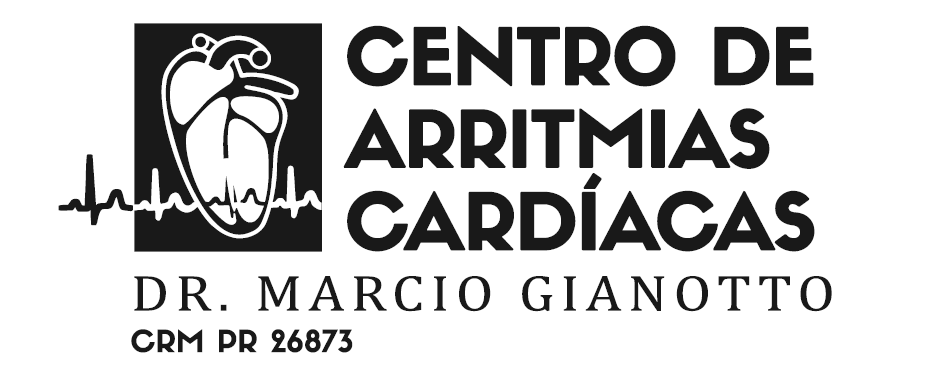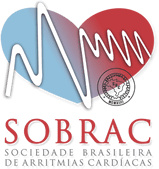CRMPR 26873 EQR's: 18399, 811 and 19314.:
Cardiology
Clinical Arrhythmia
Electrophysiology
Do you live far away and would like a medical opinion?
Participate in our second medical opinion program.
It's simple, fast and safe.
Do you suffer from cardiac arrhythmias and have tried several treatments without success?
Radiofrequency ablation may be the definitive solution to this problem. With more than 1,000 procedures successfully performed in Maringá, Dr. Marcio Gianotto, a cardiologist and electrophysiologist, is the right choice to perform this treatment. This is a minimally invasive and safe technique that corrects cardiac arrhythmias precisely and effectively. Don't waste any more time suffering from arrhythmias, choose radiofrequency ablation and live a healthy, uninterrupted life.
Diagnostic electrophysiological study and radiofrequency ablation are invasive diagnostic and therapeutic procedures, respectively, indicated when the patient presents heart rhythm disturbances called cardiac arrhythmias.
The procedure is carried out by the medical and nursing teams in a room equipped with specific equipment for this purpose, called the Invasive Electrophysiology or Hemodynamics Laboratory.
What are the benefits?
The ablation procedure, in addition to having a high chance of curing the arrhythmia, improves the patient's quality of life. Success rates vary according to the history of each service and the type of arrhythmia, ranging from approximately 65 to 95%. The chance of arrhythmia recurrence, in most procedures, is around 10%.
How is done?
The first step in a diagnostic electrophysiological study and/or radiofrequency ablation is the placement of several types of catheters in your heart to record the electrical activity of areas that may be initiating or sustaining the arrhythmia. Fluoroscopy, which is a type of x-ray with light, is used to help guide the placement and movement of catheters. Your groin and, if necessary, your neck, are numbed to make the procedure more comfortable. You may also be given medication to help make you more relaxed or asleep. In children and on special occasions, the procedure is performed under general anesthesia with the presence of an anesthetist.
Deep vein and artery punctures are performed and some catheters will be placed inside your heart. In some cases, there is a need to reach the left side of the heart and a small puncture (transseptal puncture) is performed in the area of the heart called the septum, which separates the left atrium from the right atrium or a small puncture (sub puncture) may also be necessary. -xiphoid) to reach the outside of the heart.
Catheters are used to measure your heart in different regions. This procedure will inform the doctor where the arrhythmia originated and, if possible and indicated, perform ablation to try to cure your arrhythmia.
The procedure time depends on the ease with which the arrhythmia is induced and localized, and can last between 2 and 4 hours, or more, depending on the case. After the procedure, bed rest is required for at least 5 hours, and the patient cannot get up during this period. The patient remains hospitalized for an average of one day, being able to resume full activities in 3 days.
You will need to return for follow-up appointments, the first at 1 week and the second at 3 months after the procedure.
What can I feel during the procedure?
The discomforts are related to the application of radiofrequency to the heart. During the ablation procedure, you may feel discomfort or a burning sensation in your chest. Insertion and/or removal of catheters can cause dizziness/fainting, drop in blood pressure, slow heart rate, nausea and anxiety for a short period of time (known as vaso-vagal reaction).
What are the risks?
There are risks associated with the electrophysiological study examination and ablation procedure. These risks will be discussed with you by your doctor. General risks include an allergic reaction to the local anesthetic; low blood pressure; hemorrhage (bleeding) and/or contusion (bruise/swelling) at the catheter placement site; development of a false pocket in the blood vessel wall (pseudoaneurysm); heart valve damage (<0.1%); perforation of the bag surrounding the lung (pneumothorax) (<0.1%); emission of blood into the external cardiac space (cardiac tamponade) (<0.3%); displacement of a blood clot, resulting in a stroke or embolism and/or obstruction of the vein and/or artery (<0.1%); damage to the heart's normal electrical conduction system (atrioventricular block) requiring a permanent pacemaker (<1%); skin damage from prolonged exposure to X-rays (radiodermatitis); damage to the heart vessels (coronary vessels) (<0.06%); death (<0.1%).
Any complications, if they occur, will be treated promptly. Surgical correction is rarely necessary. In these cases, the return to normal activities may be delayed for about a week.
Are there alternative treatments?
You can choose not to have the procedure and receive medication to treat your arrhythmia. Talk to your doctor about all your possibilities.
What if I'm pregnant?
Electrophysiological studies and catheter ablation cannot be performed on pregnant women, as fluoroscopy (X-ray) is used during ablation to visualize the heart. X-rays cause damage to developing embryos. Therefore, if there is a possibility that you could become pregnant during this study, please inform your doctor.
If you are suffering from arrhythmia symptoms, radiofrequency ablation may be an effective and safe solution for you. Don't hesitate to reach out to Dr. Marcio Gianotto for more information about this revolutionary procedure and how it can help you.



8 Frequently Asked Questions About Wolff-Parkinson-White Syndrome (WPW).
Disease that can cause rapid heartbeats (tachycardia), eventually leading to episodes of dizziness or fainting.
Click for information
Ablation for Atrial Fibrillation and Other Complex Arrhythmias.
Complex ablations for the treatment of arrhythmias such as Atrial Fibrillation and cicatricial Ventricular Tachycardia are being carried out in Maringá with the help of new equipment, previously only available in large medical centers in São Paulo and other capitals.
Click for information
Do you know what Vasovagal Syncope or Fainting is?
Doctor Qualified by SOBRAC.








